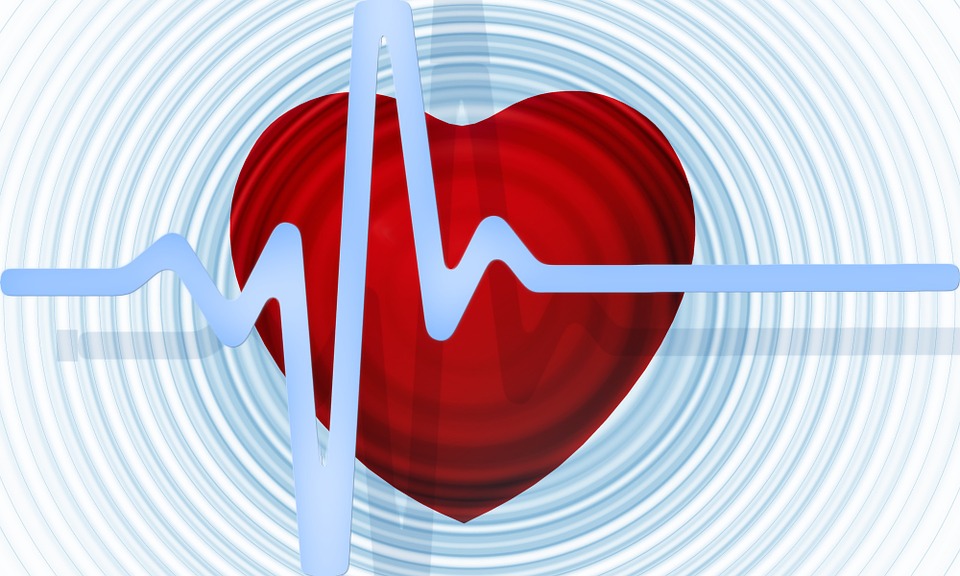
Wearables for health is a booming industry. In the commercial world, wearables are able to help with fitness, sleep and even mental health. In the enterprise side, wearables for health is changing how hospitals and doctors gather information about patients. Wearables can be used in hospitals to track health data such as heart rate, breathing and blood flow.
These wearables for health is getting faster, more powerful and smaller as we enhance technology. At the University of Waterloo, they have developed a 3D printed sensors to monitor heart rate, breathing and other vital signs. Using bioengineering, they were able to develop a microsensor out of silicone rubber and thin graphene. This was done by a PhD student within the Multi-Scale Additive Manufacturing (MSAM) Lab at Waterloo
These types of sensors will make it a lot easier to use and embed in other wearables and perhaps lead to mast manufacturing due to reduced costs. These sensors could also be useful for commercial applications such as athletes.
Read more here:
https://uwaterloo.ca/news/news/tough-flexible-sensor-invented-wearable-tech
Read more about MSAM here:
https://msam-uwaterloo.ca/